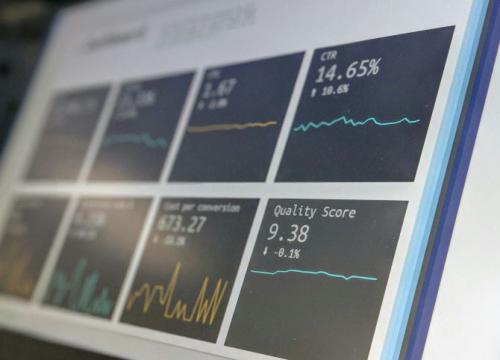Shares underperform after heavily scripted earnings calls, according to Florida State University study
Investors now view scripted answers to questions during earnings calls as a negative signal, at least partially negating the advantage of preparing answers ahead of time to avoid revealing inside information about upcoming negative events, according to a study.
Research suggests ‘investors discern the lack of spontaneity and view it as a negative signal, thus calling into question the usefulness of this strategy as a means of delaying the disclosure of bad news for investors,’ says Professor Joshua Lee of Florida State University in his study.
The research, published in the American Accounting Association journal The Accounting Review, shows that shares of the 20 percent of companies that rely most heavily on scripted answers suffered most after earnings calls.
In a sampling of conference calls made by 2,861 firms over a 10-year period, the mean two-day market-adjusted return after a call was a gain of 0.1 percent. At the same time, heavily scripted firms lost 0.2 percent – putting them 0.3 percentage points below the average. Shares of the 20 percent of companies that scripted least, meanwhile, rose 0.3 percentage points in the two-day period.
Lee used linguistic software to determine that differences in speaking style do exist when an executive is reading from a prepared script, which can alert investors to the fact that the answers are scripted. At the same time, he says, companies are more likely to script when they are trying to avoid disclosure of bad news than when they are trying to delay the announcement of good news.
Lee also says research detects ‘stronger market reactions to bad news disclosure than good news disclosure, suggesting that bad news builds up as it is withheld while good news is quickly disclosed. The delayed disclosure of bad news gives managers time to try to reverse its effects or wait for good news to offset the bad news.’








